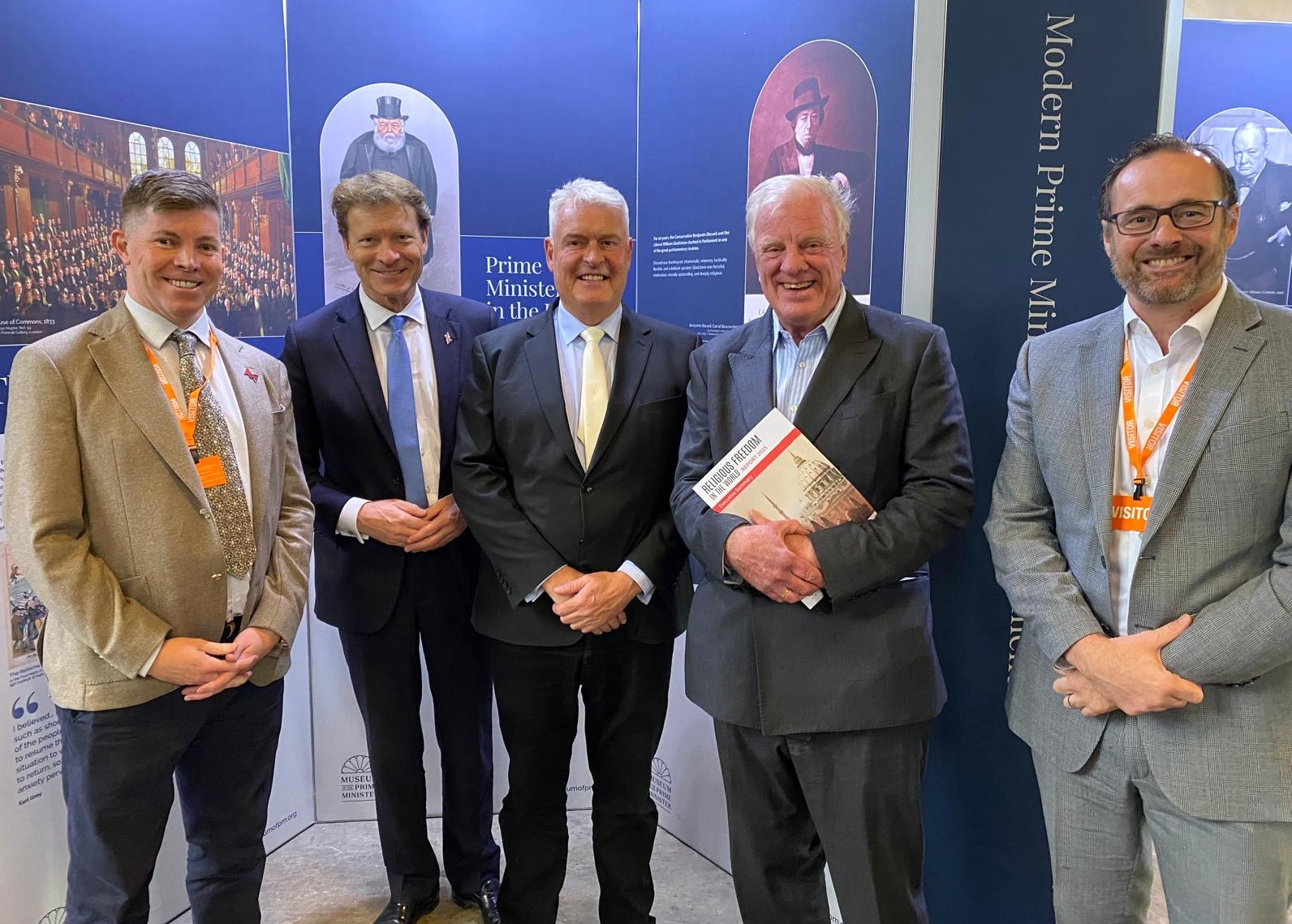By Jason Pitt, CEO – Made in Group
This week I spent two days in Parliament alongside our chairman, Lord Whitby, meeting MPs, peers and business leaders. We discussed our upcoming GREAT Awards, our annual reception, and, most importantly, the shape of Britain’s industrial future.

During that visit I met with founder member Charles Boneham, his local MP Lee Anderson, and Richard Tice, deputy Leader of Reform UK. They are actively exploring how ownership, resilience and national capability can be brought into a fresh industrial strategy. If Reform form a government, it’s clear their approach to industry would look very different: grounded in business experience, pragmatic economics and a willingness to rethink the status quo. I also met former trade-unionists and Conservative politicians, and across the board there was a shared recognition that the current industrial strategy is not fit for the times.

Why industry must lead.
Having worked with British manufacturers for years, I see a fundamental disconnect: the priorities of multinationals often differ markedly from privately-owned, UK-based firms. The latter are focused on regional investment, local jobs and long-term resilience, but too often policy is shaped by the former. A national industrial strategy must be for industry and led by industry. That means recognising the full supply chain, from tier 1 through tier N, its ownership models, its realities and its ambitions.
Learning from the past to rebuild for the future.
Consider the repeal of the Corn Laws in the mid-19th century. Britain’s industrial dominance at the time meant opening markets was the smart play. We could offer tariff-free trade in some areas to reduce the cost of living because we had a surplus of industrial strength and global demand for our goods.
But the conditions that made that strategy effective no longer exist. Our industrial base has weakened, and strategic supply chains have shifted overseas. Meanwhile, other nations, China among them, demonstrate how strategic protection or what might better be called economic patriotism can strengthen domestic capability and national resilience.
The lesson is simple: open markets work when you are dominant; when you are rebuilding, you must protect and project your capability.
Rebuilding British industrial resilience.
The UK faces mounting public debt, economic polarisation and youth unemployment nearing 15 % in many regions. For any business owner managing budgets this is plainly unsustainable. A modern industrial strategy must:
-
Rebuild our infrastructure, skills and manufacturing foundations.
-
Prioritise resilience over cheapest price.
-
Recognise that ownership and direction matter.
-
Anchor supply chains in Britain rather than abroad.
-
Encourage long-term investment and innovation.
At Made in Group we are not a lobby organisation. We are a best-practice network that champions British industry, but to do that we need a sector strong enough to champion. We believe we are the only truly patriotic movement of its kind: one that amplifies voices not by size or budget, but by conviction. We need contributions from across the supply chain, from Tier 1 to Tier N, and from businesses big and small, private and public.
Next steps.
In the coming months we will convene workshops and discussions with manufacturers, business leaders and policymakers to help shape a genuinely industry led strategy. If you are an industry leader, a manufacturer or a policymaker who wants to contribute to Britain’s future industrial strength, I invite you to join us. It’s time to move beyond rhetoric, and get back to making things that matter.
If this conversation resonates with you and you’d like to be part of shaping a more resilient industrial future, connect with me here on LinkedIn. If you already have my details, feel free to call or email me directly.

